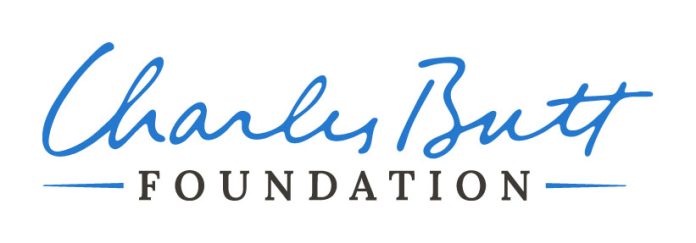A poll of public school teachers conducted for the Charles Butt Foundation finds that 77 percent have seriously considered leaving the profession.
That’s up 19 percentage points in two years. The report, titled “Persistent Problems and a Path Forward,” also shows 72 percent have taken “concrete steps” such as preparing resumes, conducting job searches and interviewing for other positions, according to the report compiled by Langer Research Associates.
The survey polled 1,291 public school teachers in what has become an annual survey. It started in 2020.
“Even excluding those nearing retirement age, six in 10 expect to move on within five years,” the survey shows.
At the same time, the state and nation are seeing a vast teacher shortage. Tim Miller, director of leadership development for the Charles Butt Foundation, said he is familiar with Ector County ISD’s efforts at teacher preparation, recruiting and using the strategic staffing and compensation model “to … assist those mid-career teachers to help increase their salaries as well as giving them teacher leadership opportunities.”
Miller said in addition to Ector County, there are a number of districts statewide receiving state funds to pilot or expand those programs.
“But Ector County certainly is a shining star in the state in terms of their use of all the different tools and flexibilities that are provided to them by the state in terms of dealing with the teacher workforce issue and Region 18,” he added.
Miller acknowledged that although ECISD is having success in recruiting and retaining teachers, rural districts lack the funding to follow ECISD.
“A potential solution for the smaller and more rural districts in the state would be for some targeted funding from the state to look at how this can be done in our more rural and our smaller districts, not only for the time of the grant but also after the grant ends and having the school districts be able to sustain that type of work,” Miller said. “Partnerships between region service centers as well as regional universities and community colleges is also something that has been done and probably could be strengthened not only for the Midland area, but also for other parts of the state that have those types of resources and potential partnerships that could be strengthened.”
The report shows that 77 percent of the teachers that were polled are considering leaving the profession, a big jump from the 58 percent found when the question was asked in 2020 at the beginning of the pandemic.
“In terms of the reasons why they’re considering leaving there’s probably six big things — lack of respect, appreciation and support from the public, from parents of their children, as well as elected officials; general lack of support from their school and district administrators is another area that kind of bubbled up; the stress that they’re experiencing from trying to help all students with those individual learning, emotional and behavioral needs particularly those needs that got heightened because of the pandemic; just excessive workload and burnout, that’s the fourth one; (and) pressures regarding standardized testing,” Miller said.
He added that state accountability has taken on more importance on things like school ratings and salaries.
“Then the last one is low pay in terms of being fairly compensated as a professional,” Miller said.
At the national level, there is a PDK poll that talks to people nationwide about education.
“We wanted to take similar questions that were asked at the national level and ask them here in Texas. We do that to inform our work. When things come out through the … poll we can add those to our research agenda, or our policy agenda. … We thought it was really important to get the teacher voice of what teachers think about what’s going on in the schools, and again, use that to help inform our work as well as to help inform policymakers at the state level especially during legislative sessions when they’re looking at making tweaks or changes to what’s currently being done for teacher compensation, teacher preparation and things related to the teacher workforce in general,” Miller said.
In terms of the teacher shortage by specialization, Miller said it’s hard to find instructors for secondary math, secondary science, bilingual, English as a second language, special education and career and technical education. These shortages have been recurring for the past 10 years.
“Specialized positions outside of the normal classroom are certainly areas for those positions. Many times a person could make a lot more money working in the private sector or supporting schools but not necessarily being employed by schools vs how much they are paid,” Miller said.
As of 2021-22, there were 369,695 teachers in Texas.
Average number of years of experience in the state is 11.1.
“That’s for teachers in any kind of district,” Miller said.
He added that the average years of experience for charter school teachers is about half of public school teachers.




